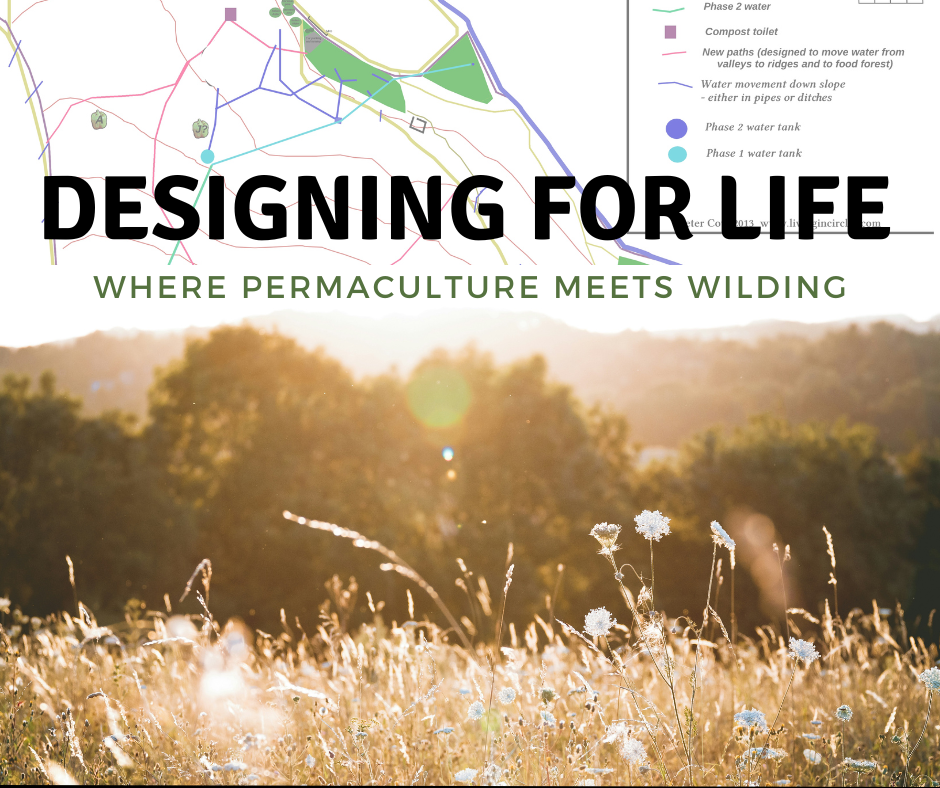
Are you seeking inspiration and tools to make more ecological choices – meeting your needs whilst making space for wildlife as well?
This course explores how to garden and manage land for the benefit of all beings, including ourselves, and shares ways to observe and analyse our spaces and design for abundance at this time of challenge and die off.
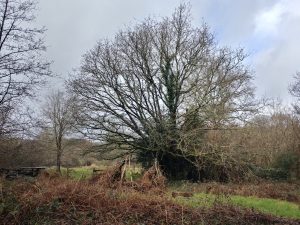 Permaculture is a way of observing more deeply what is going on around us – tuning into natural patterns and processes, and learning from the effects of our actions. By using tried and tested Permaculture Principles and design techniques, we can foster a more resilient, regenerative abundance for ourselves and the rest of life, in our gardens, farms, the wider landscape and much more.
Permaculture is a way of observing more deeply what is going on around us – tuning into natural patterns and processes, and learning from the effects of our actions. By using tried and tested Permaculture Principles and design techniques, we can foster a more resilient, regenerative abundance for ourselves and the rest of life, in our gardens, farms, the wider landscape and much more.
Wilding is a term used by Isabella Tree in her book of the same name that shared her and Charlie Burrell’s journey transforming the Knepp Estate in West Sussex over 20 years from a failing dairy farm to one of the most wildlife rich spaces in Southern England, whilst still producing food and turning the farm into a financial success.
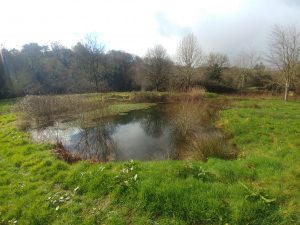
Wilding is used here to mean creating more habitat for the rest of life – allowing more space for diversity, abundance, connectivity and emergence in our gardens, farms and shared spaces.
The common term ‘Rewilding’ is more usually associated with large areas of land (100Ha +) and high animal intervention/low human intervention strategies, which are usually not applicable on the smaller scale.
Wilding can incorporate a wider range of techniques than rewilding. It can be done in an intentional, focussed way similar to traditional conservation – pruning blackthorn trees to create habitat for Brown Hairstreak butterflies, or putting up nest boxes for example – or in a more emergent way, such as leaving messy edges and deadwood to rot in a garden or on a farm, or by intentionally mimicking the actions of our lost herbivores and carnivores, trusting that life will find a way to use the eco niches that develop.
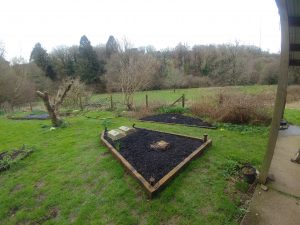 This course will include food growing tips for gardeners, ways to ‘Wild’ your land, nature connection practices and a solid grounding in Permaculture thinking.
This course will include food growing tips for gardeners, ways to ‘Wild’ your land, nature connection practices and a solid grounding in Permaculture thinking.
Permaculture Design can also be used in many areas of life beyond just land use… Participants will be able to use the design principles and tools shared during the weekend to make more life affirming choices with both land and more generally in their lives afterwards.
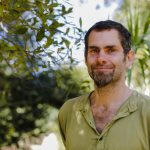 The course is convened and facilitated by Peter Cow at his home on a Dartmoor farm. Peter is a certified teacher with the Permaculture Association Britain.
The course is convened and facilitated by Peter Cow at his home on a Dartmoor farm. Peter is a certified teacher with the Permaculture Association Britain.
He has been running Permaculture courses since 2008, and has led more than 20 full Permaculture Design Courses around Europe and beyond.
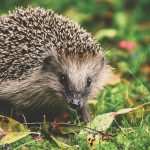 Peter has been stewarding land for wildlife alongside human needs since 2000, and has been a member of the Steering Group for the Moor Barton Wilding project near Moretonhampstead for many years. He is also a graduate of Embercombe’s Rewilding Training.
Peter has been stewarding land for wildlife alongside human needs since 2000, and has been a member of the Steering Group for the Moor Barton Wilding project near Moretonhampstead for many years. He is also a graduate of Embercombe’s Rewilding Training.
~ Course Information ~
Timings: The course runs 10am to 6pm on Saturday 11th May, and Sunday 12th May.
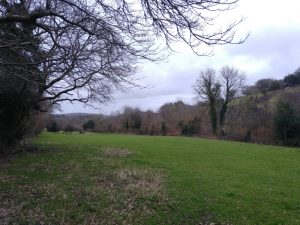 Accommodation: Camping at the farm for Friday and Saturday nights is included in the price. You are also welcome to stay elsewhere and just come for the daytimes. You can alternatively book an indoor bed in the farmhouse for £15 a night if you prefer.
Accommodation: Camping at the farm for Friday and Saturday nights is included in the price. You are also welcome to stay elsewhere and just come for the daytimes. You can alternatively book an indoor bed in the farmhouse for £15 a night if you prefer.
Weekend cost: £190 including camping.
Indoor accommodation in a shared or single room – £15 a night extra
Food: The weekend is mostly self catered, and a hearty evening meal will be provided on the Saturday evening for those staying over, as well as hot drinks and biscuits during the days.
Please bring your own packed lunches and snacks for the daytimes, and breakfast if you are camping over.
There is a kitchen with a fridge and gas cooker that you are welcome to use to prepare food for breakfasts, and you are welcome to bring a camping stove if you prefer.
If you are staying on the Friday or Sunday evenings, there are 2 local pubs within walking distance (Holne and Scorriton), and a great village shop in Holne, and the kitchen is available for your use then if needed.
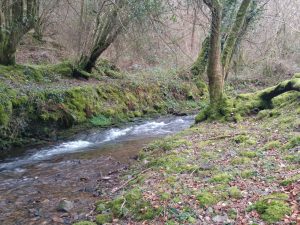 Venue: This course takes place on a small South Dartmoor farm of wildlife rich hedges and woodland edges, orchards and permaculture gardens, with the Holy Brook stream running through it.
Venue: This course takes place on a small South Dartmoor farm of wildlife rich hedges and woodland edges, orchards and permaculture gardens, with the Holy Brook stream running through it.
Got any questions? Get in contact

